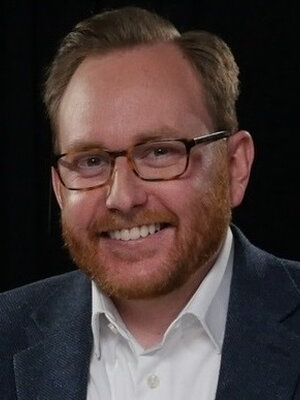
What is your title/position? How long have you worked in your position?
I've been working as an Associate Professor in Linguistics since 2024. Before that I was a faculty member on the south island of New Zealand.
What is your area of focus?
I am a computational linguist. But computational linguistics is mainly a methodology. For me, the advantage of computational methods is precision and scale: First, we can describe language with a level of detail that no human could keep in their memory. Second, we can observe this precision at a scale that allows us to see how language functions as a complex system.
My particular focus is the interaction between how language emerges within individuals and how it varies across populations. I’m working on a joint model of these two problems that can be tested at scale in realistic computational simulations.
What are you working on right now?
Language technology allows us to observe people all over the world using language. So we can see variation and change at scale in almost real-time, something that hasn’t been possible before. The results are surprising because of how much variation there is: a lot! I have a new monograph that tells this story, Syntactic Variation from Individuals to Populations. And there’s a language mapping site www.earthLings.io that visualizes the data that makes this possible.
But we have an observer’s paradox: technology seems to be changing language! Think about how much exposure we have to LLMs, indirectly when we read synthetic texts and directly when we use tools like ChatGPT or Google search. So language technology isn’t just observing speech communities, it has become a member. I have a three-year grant with a forensic linguist (UK) and a computer scientist (NZ) to figure out just what impacts this has on language.
Contact: jedunn AT illinois DOT edu
Published 9/08/2025